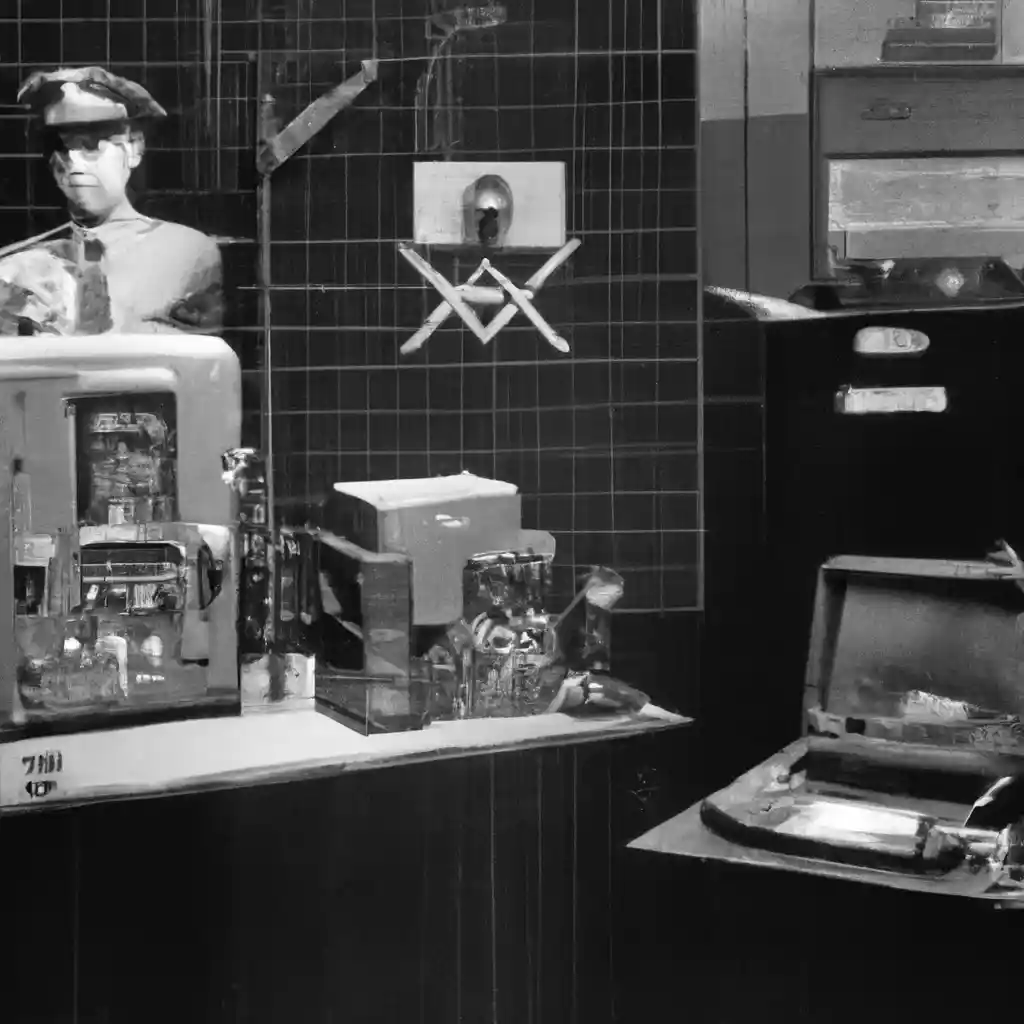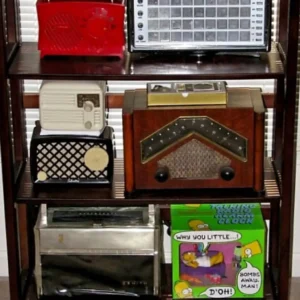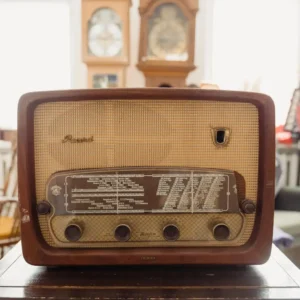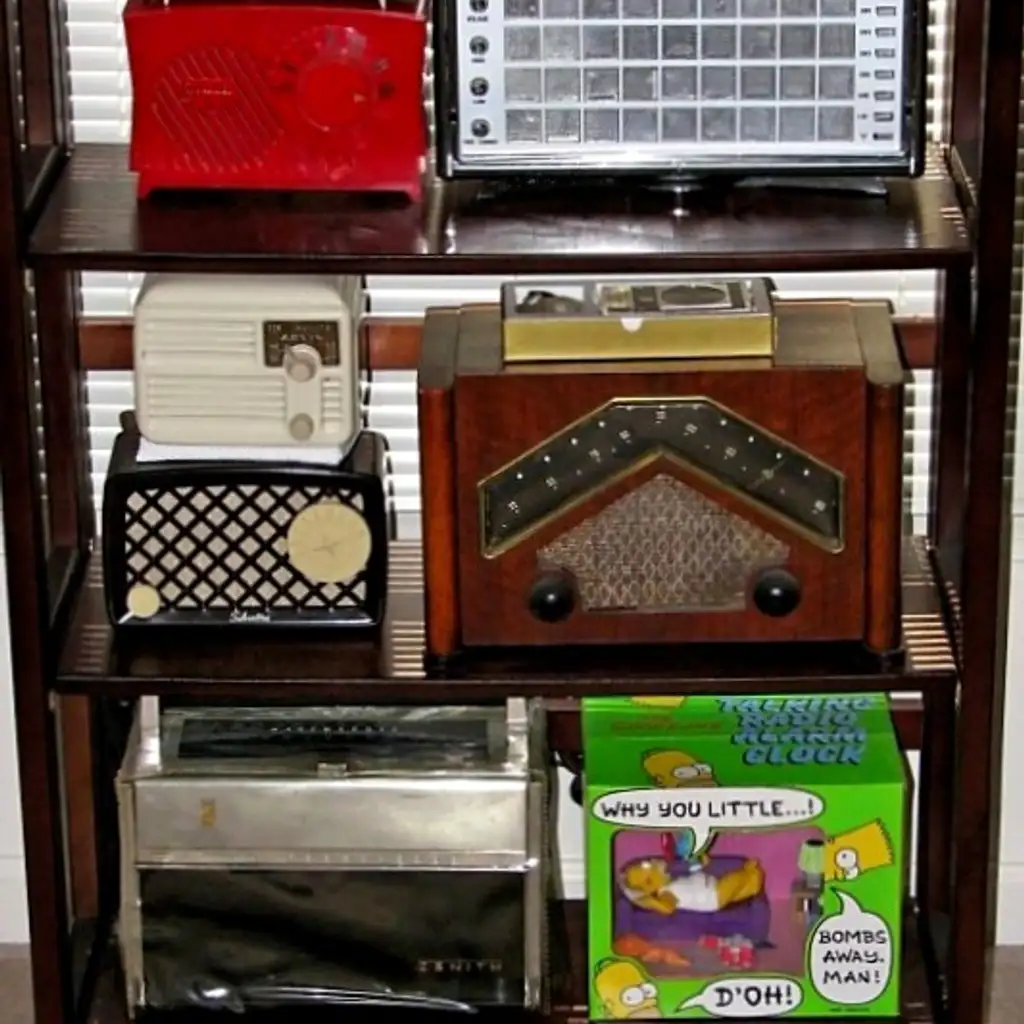The Army National Guard has officially retired the AN/VRC-12 series radio after more than five decades of service. This marks a significant transition for the Guard, symbolizing its evolution into a more modern operational force. The retirement ceremony took place at the Army National Guard Readiness Center in Arlington, Va., highlighting the end of an era for a communication tool that has been a staple since the 1950s.
The AN/VRC-12 series radios were first introduced during the 1950s and saw extensive use in the Vietnam War. Despite being retired from the active component in the late 1980s in favor of the Single Channel Ground and Airborne Radio System (SINCGARS), these radios remained in use within the Guard and Reserve units until recently. The transition to SINCGARS, which began in the aftermath of Operation Desert Storm, has now been completed, ensuring all units are equipped with this more advanced communication system.
This change reflects a broader shift in how military units are supplied with equipment. Col. Harold Greene, deputy director for material at the Department of the Army, emphasized that there is no longer a tiered readiness level where certain units receive newer equipment first. Instead, units are now equipped based on their Modified Table of Organization and Equipment, ensuring parity across active and reserve components.
The SINCGARS offers several improvements over the AN/VRC-12 series, including greater range, improved battery life, and the ability to hop between frequencies for more secure radio transmissions. These enhancements are crucial for modern military operations, especially in the context of the Global War on Terrorism.
Reflecting on the retirement of the AN/VRC-12 series, Brig. Gen. Leodis T. Jennings, special assistant to the director of the Army National Guard, shared his experiences with the radio during his early military career. Despite its challenges, such as short battery life and a tendency to overheat, Guard members were able to effectively use the radio to meet their mission requirements. The retirement of these radios is seen as a positive step towards modernizing the force and ensuring all units have access to the latest communication technologies.
The retirement of the AN/VRC-12 series radio is more than just the phasing out of outdated equipment; it symbolizes the ongoing transformation and modernization of the Army National Guard. As the Guard continues to evolve, it ensures that its members are equipped with the tools necessary to meet the demands of contemporary military operations.








